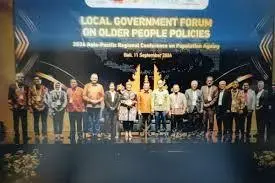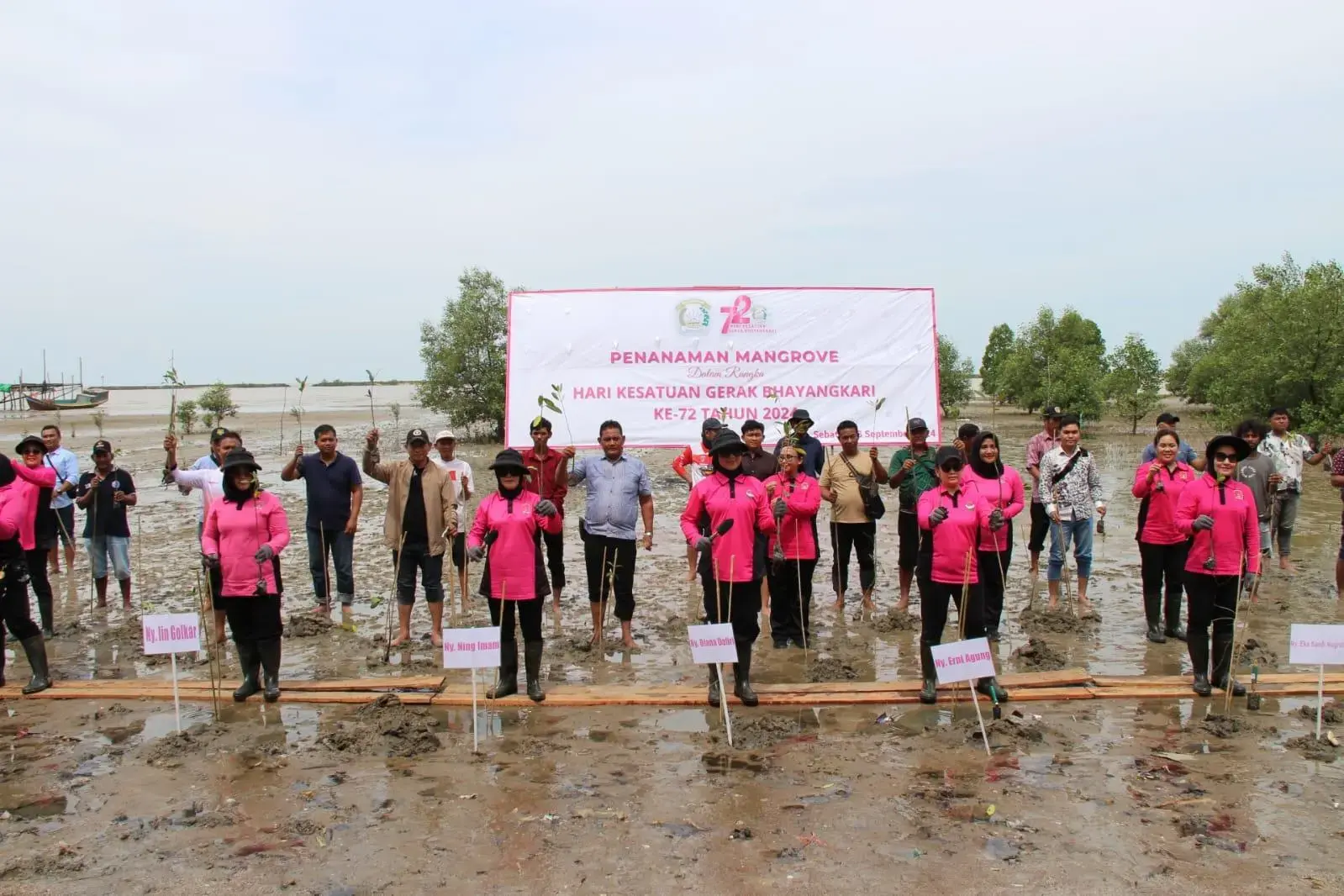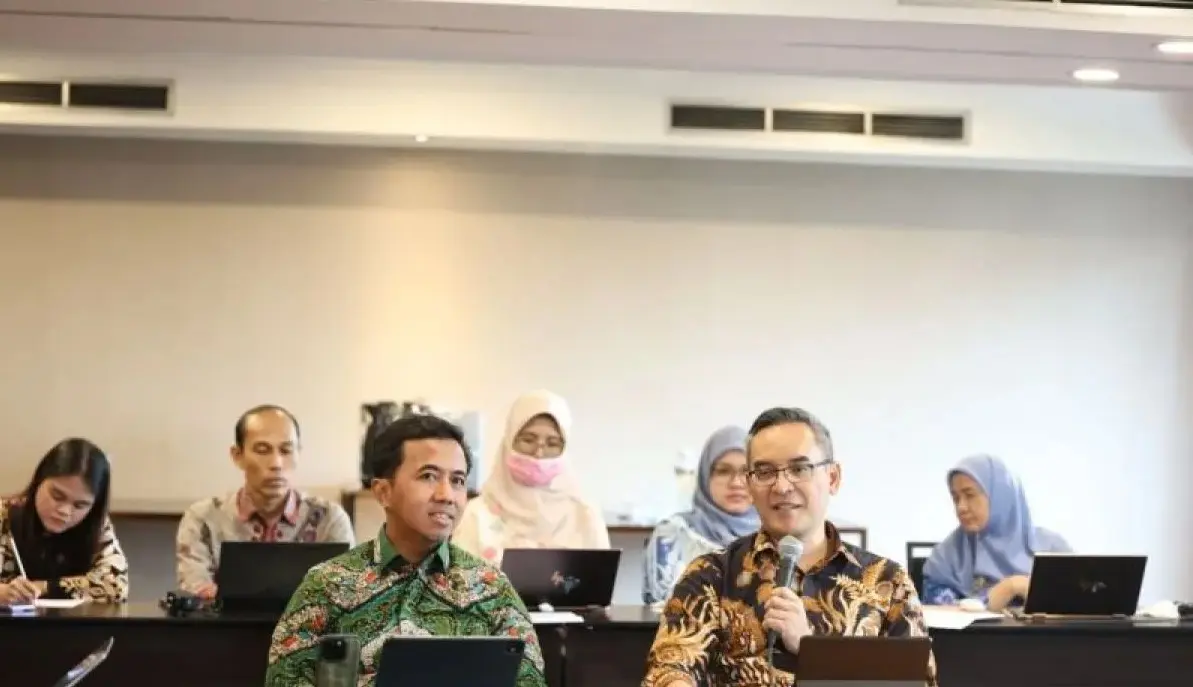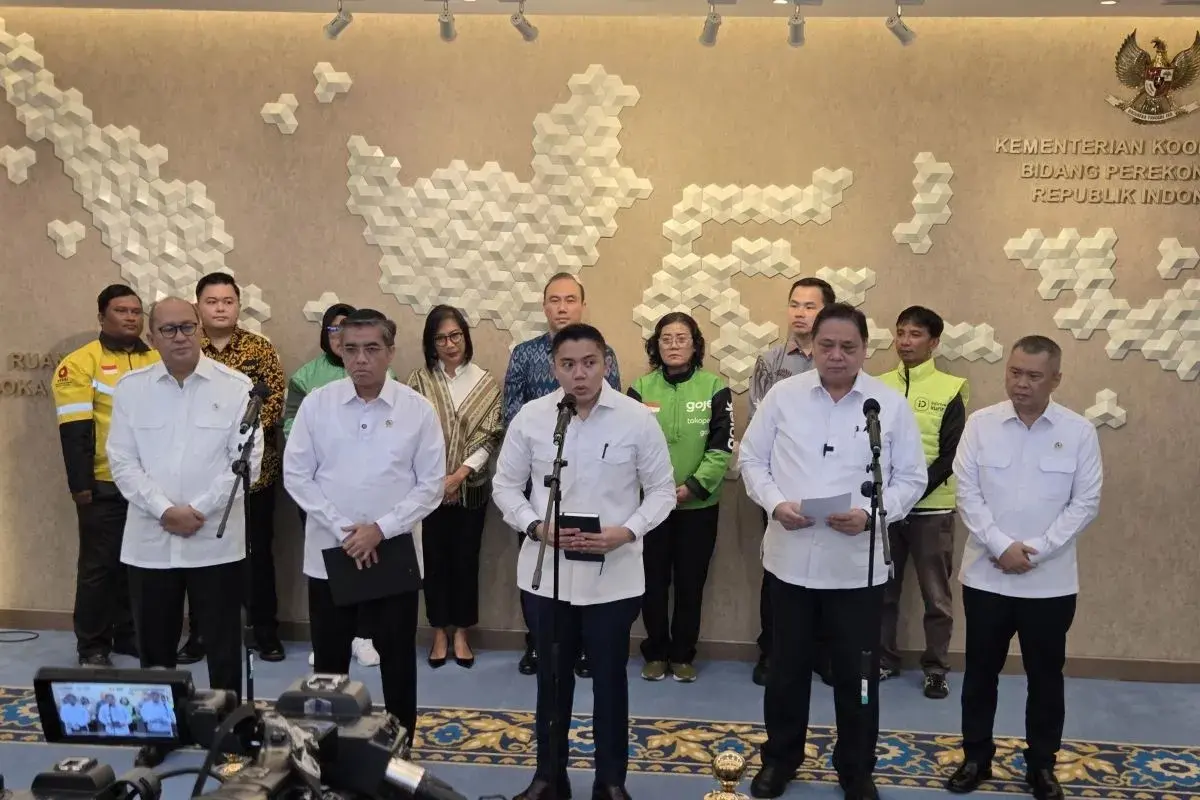inp.polri.go.id - Jakarta. Indonesia ranked fourth of the highest elderly group of people who work, after Timor Leste, Vanuatu, and the Solomon Islands.
Across the year of 2017-2021, around 31 percent of elderly women and 58 percent of elderly men are working in Indonesia.
The Director General of Regional Development Restuardy Daud says that the increase of the elderly number actually can give an edge for the state as the second demographic bonus, where the proportion of the elderly population is increasing but is productive and still contributes to the country's economy.
“This cannot be avoided as the number of productive people is abundant and in the coming years these groups of people will enter their retirement years,” explains Daud on Thursday (9/12/2024).
Daud gave an example that there are several examples that the elderly will have to face. First is their health aspects as in 2023 the number of elderly people experiencing health complaints is reaching 41.49 percent, down 95 percent compared to 2019.
Likewise, the percentage of elderly morbidity is 19.72 percent in 2023, or down 6 percent compared to 2019. This indicates that health development is getting better, but elderly people with disabilities also tend to experience health complaints that require treatment and attention.
The next challenge is regarding fiscal independence. Based on the results of population projections, the elderly dependency ratio continues to increase from 15.2 percent in 2020 to 17.1 percent in 2023 and this shows that the productive age group will bear the non-productive age group which continues to increase in the future.
According to Director General Daud, the high elderly dependency ratio will be further exacerbated if no steps are taken or there is no financial readiness. While on the other hand, the percentage of elderly households that have social security is also relatively limited.
The third challenge is the employment aspect considering that the percentage of elderly working in Indonesia has increased from 47.9 percent in 2014 to 59.9 percent in 2023. However, this percentage is dominated by elderly people with relatively low education and average income.
"This shows that the availability of employment and middle to upper level jobs must also be opened up for the elderly," said Director General Daud.
(ad/ndt/pr/nm)












